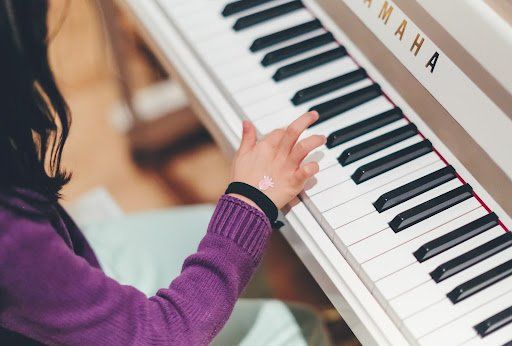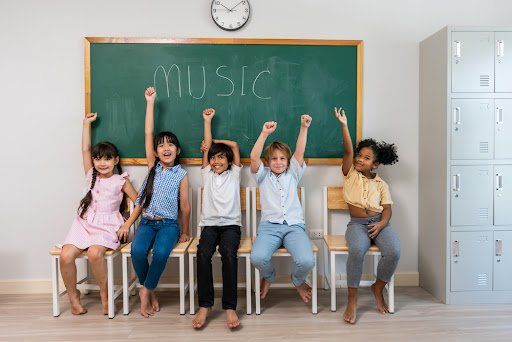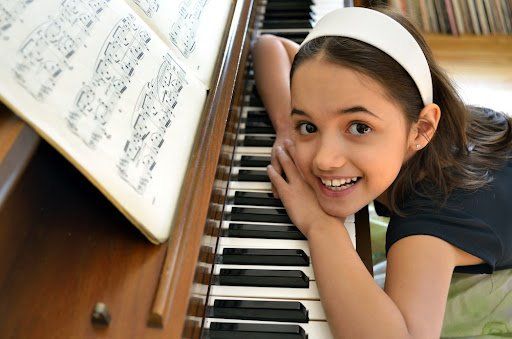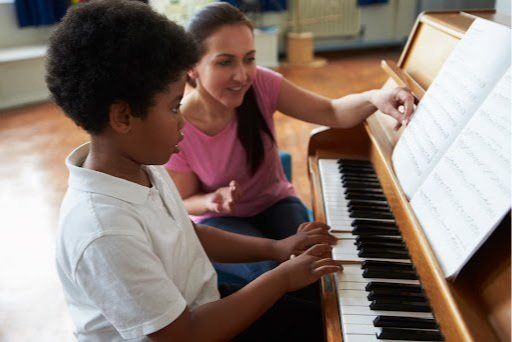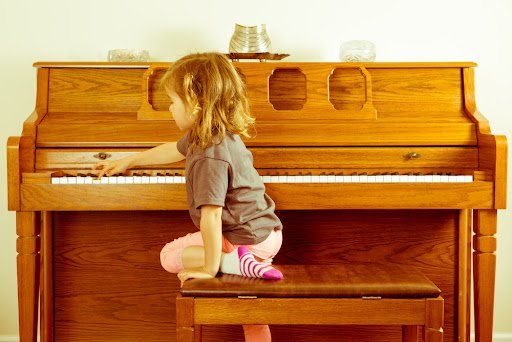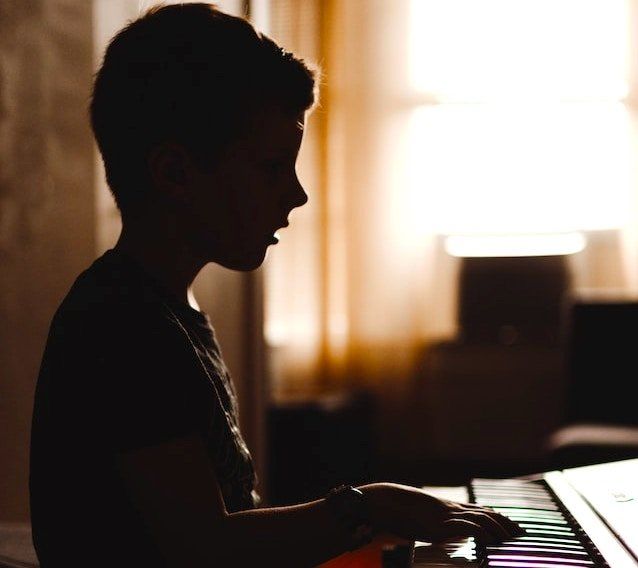Private Piano Lessons for My Child – How Will I Know They’re Ready?
Are you curious when to introduce your little ones to the piano and get them interested in piano lessons? Music classes for kids, such as piano lessons, can be incredibly rewarding for parents and children, but starting at the right age is essential for long-term success.
In this article, we’ll explore what age to start piano lessons and why the piano can be a great tool to boost their confidence and help them feel good about themselves. Let’s dive into this fun and fulfilling hobby that can resonate throughout their entire lives!
Private Piano Lessons: The Ideal Age to Start
Introducing kids to music is all about finding that sweet spot – when you can nurture an inherent interest and not force lessons on your child. But at what age do you start piano lessons? While there’s no one-size-fits-all answer, experts suggest that children as young as three to six can start their musical journey; this is when they are most receptive to starting private music lessons and learning new skills.
-
Dexterity and Reading Skills
One aspect to consider is your child’s attention span and dexterity, as younger kids may have shorter attention spans, making shorter, more frequent lessons a great option. Piano lessons will help improve their dexterity, but there’s a level of dexterity they’ll need to begin lessons. Their dexterity will improve daily as they learn to coordinate their fingers to produce beautiful melodies.
You might be surprised at how quickly kids learn music reading skills; reading sheet music enhances their literacy skills and helps them develop a deeper understanding of patterns, rhythm, and timing. It’s like giving them a secret code to unlock the language of music! It can be intimidating at first, but once it begins to click, kids have a fantastic ability to learn the music language quickly.
-
Comfortability with Instructors
Feeling comfortable with their piano instructor is essential for your child’s musical journey. Children often thrive when they have a supportive and encouraging teacher. Look for instructors specializing in teaching kids music lessons and creating a friendly and nurturing learning environment.
Your child’s comfort and trust in their teacher can make a world of difference in their progress; this is the philosophy we embrace at Jammin With You: learning music must be driven by enjoyment, not fear.
Private Piano Lessons for My Child – A Lifetime of Benefits
Starting piano lessons at the right age introduces your child to the world of music and instills important life skills. They learn discipline, patience, and perseverance while enjoying a fun and creative activity. As they progress, the sense of accomplishment and pride will boost their confidence and help them feel good about themselves.
The ideal age to start piano lessons is flexible, but the key is to tap into their curiosity and enthusiasm at a young age. With the right guidance, your child can embark on a journey that will resonate throughout their lives. So, why wait? Get those little fingers tapping on the keys, and let the music begin!


